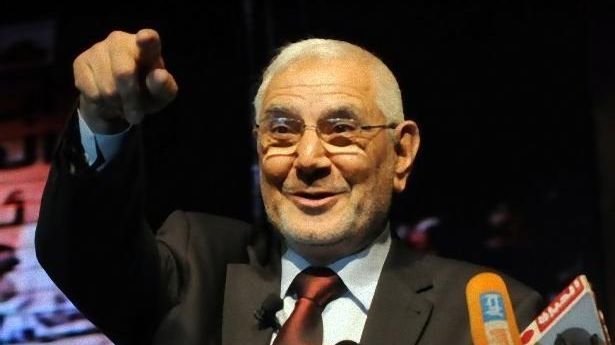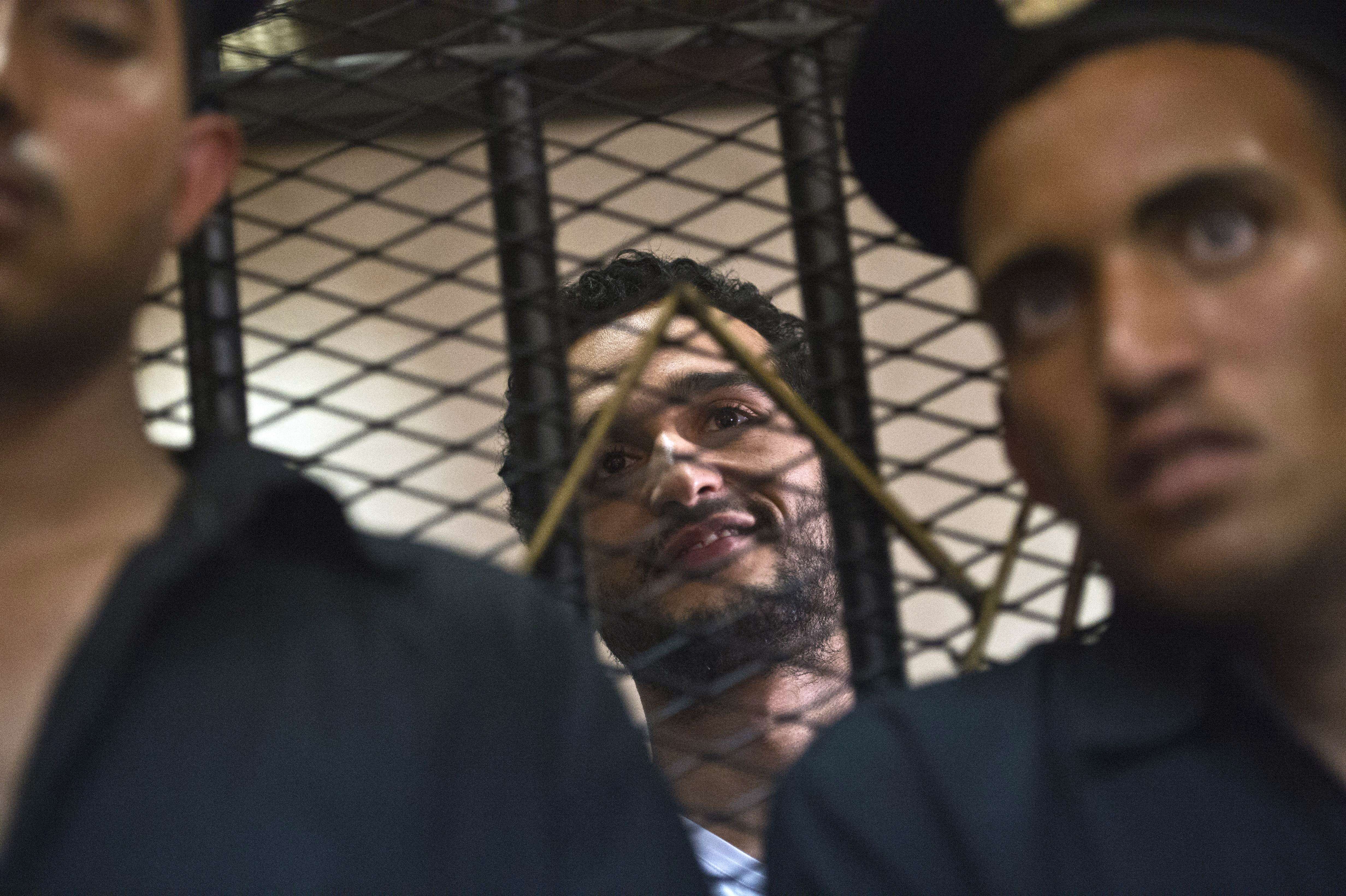Report: bird culling bill reached LE 1 billion
CAIRO: The culling of more than 34 million birds since February 2006 to contain the spread of the Avian Flu virus has cost the Egyptian poultry industry nearly LE 1 billion, a Council of Ministers’ report released last week revealed.
According to the report, destroying poultry suspected of being infected has helped control the spread of the disease but has raised the price of chicken on the local market from LE 7 per kg to more than LE 12 by October 2006 before leveling off at LE 10 by March 2007.
More than 68 percent of destroyed birds were egg-laying chickens, leading to a shortage of eggs that caused prices to reach LE 0.60 per egg last fall. The price shocks related to the spread of the virus have been blamed by local analysts for the continued rise in the annual rate of inflation, which reached 12.6 percent by the end of February 2007.
Last month the government declined to renew a customs exemption on imported poultry after local production finally climbed back to 2 million chickens per day. The exemption, implemented through a Prime Minister’s Office decree, was renewed in December to the vocal objections of local producers. It aimed to counter inflation in local prices resulting from the government’s efforts to fight Avian Flu.
Most of the birds rounded up came from private “backyard farms throughout the country. The People’s Assembly is widely expected to pass legislation during its current session to outlaw unregulated poultry farming and trade by 2010 in favor of tightly-monitored abattoirs. Thanks to a LE 500 million loan from the Kuwait Fund for Development, the Ministry of Agriculture is now offering individual loans of up to LE 30 million each through the Social Development Fund for the establishment of abattoirs of all sizes.
MTI blames producers for cement and steel price hikes
CAIRO: According to Al Masry Al Youm, Ministry of Trade and Industry (MTI) officials confronted steel and cement producers with alleged market shortages last week which were blamed for the rise in prices of both products to February levels of LE 3,600 per ton and LE 345 per ton, respectively.
In a meeting Thursday, MTI officials suggested a 50,000 ton shortage in cement supplies on the local market was artificially created by producers to hike prices. On the steel side, MTI blamed closed trading practices for pushing the price of steel near the LE 4,000 mark in some governorates.
In February MTI levied export fees on all cement and steel products in an effort to control local prices. The ministry called the move a “temporary measure to be lifted as soon as competition in both sectors reached “acceptable levels in the local market.
Emaar proposing another North Coast resort
CAIRO: Minister of Tourism Zohair Garana told Reuters last week Emaar Egypt is negotiating with the Tourism Authority to establish another resort on the North Coast. Garana did not disclose the location or value of the proposed project.
Garana’s announcement came as Emaar Egypt scrambles to put the Marasi project in Sidi Abdel Rahman back on track after almost losing the LE 1.2 billion plot of land over the conflict between its former partners. Emaar Properties finally acquired the 60 percent share of Artoc Group in late March for LE 809 million, which signaled an end to the controversy.
Neither Emaar nor Garana have yet announced the new timelines set for implementation of the Sidi Abdel Rahman project. While the company is yet to break ground on the $10 billion project, construction is well underway on a $4 billion residential compound in Mokattam scheduled for completion by 2013.


